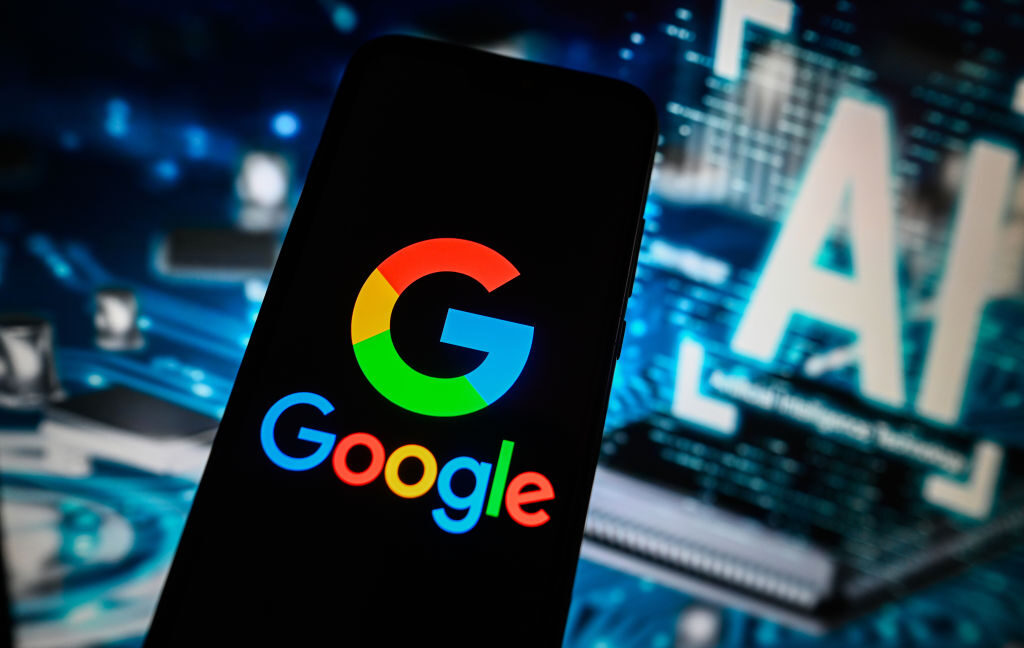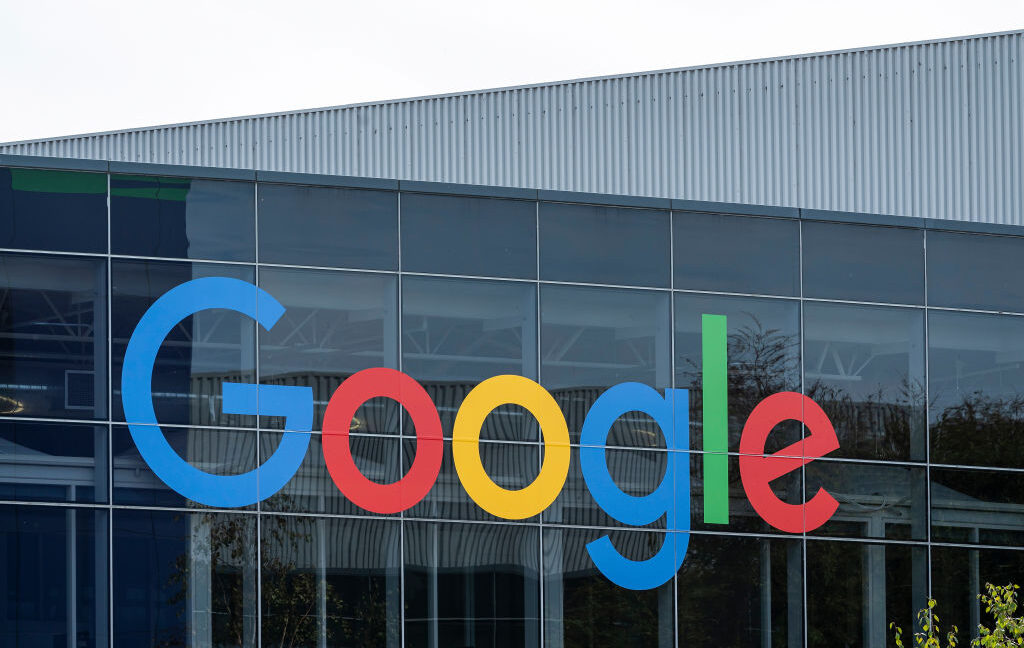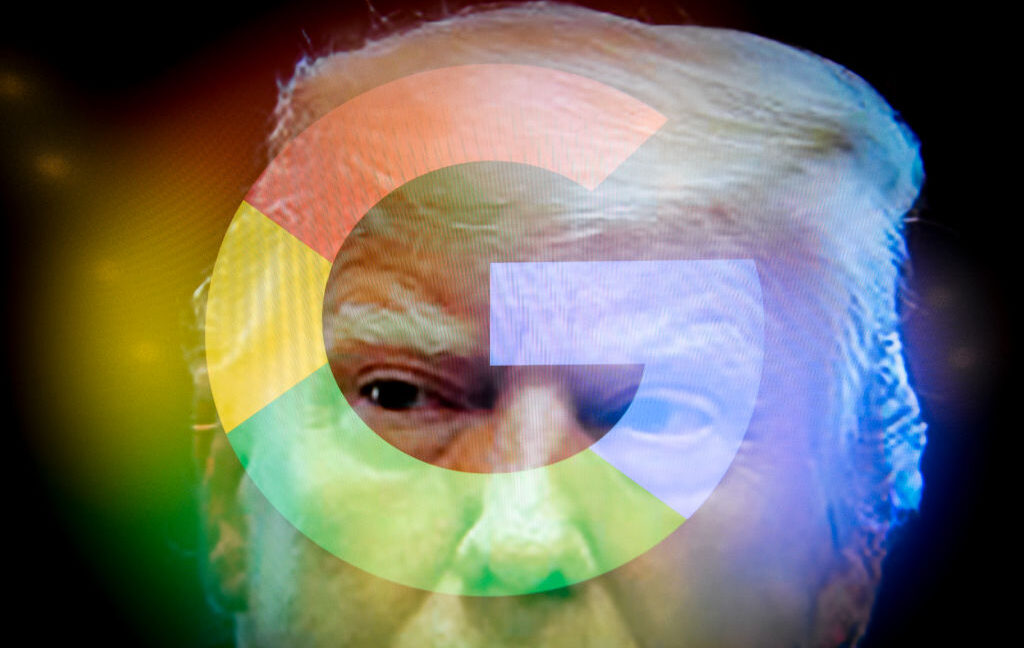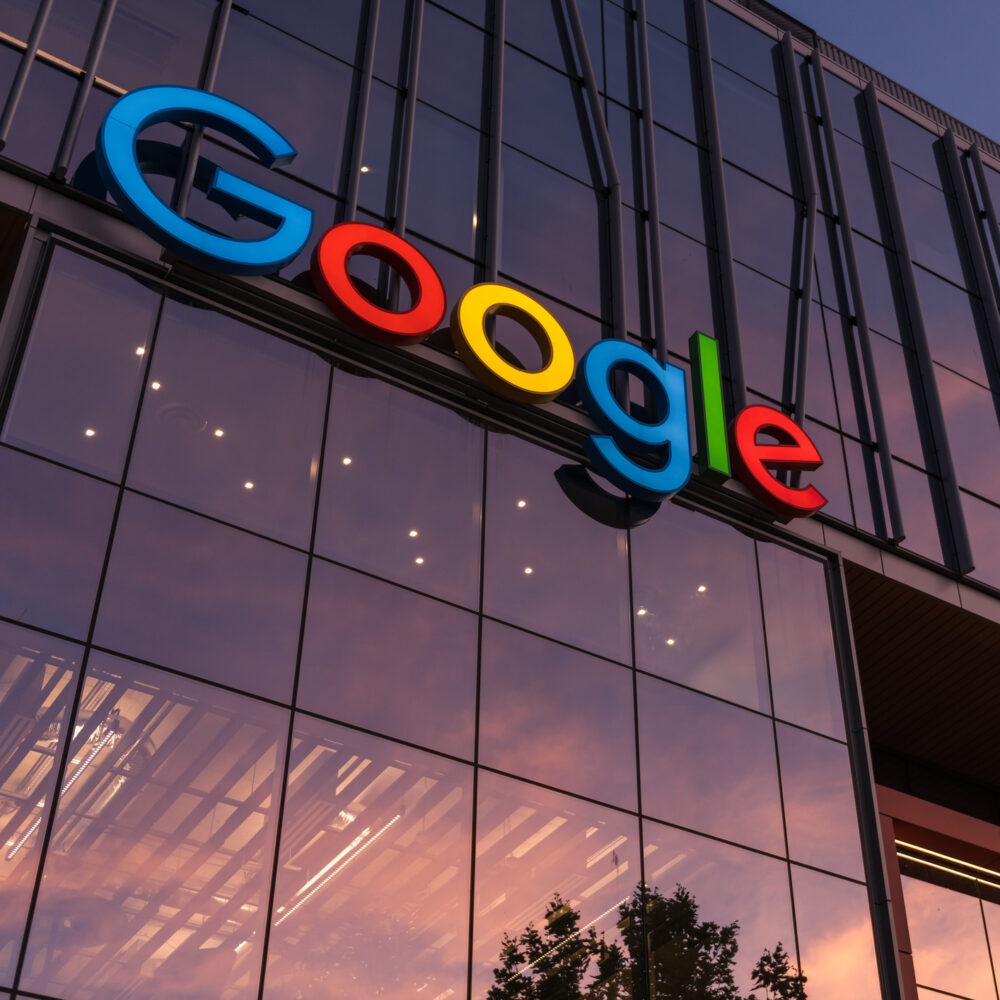Google’s plan to keep AI out of search trial remedies isn’t going very well
DOJ: AI is not its own market
Judge: AI will likely play “larger role” in Google search remedies as market shifts.
Google got some disappointing news at a status conference Tuesday, where US District Judge Amit Mehta suggested that Google’s AI products may be restricted as an appropriate remedy following the government’s win in the search monopoly trial.
According to Law360, Mehta said that “the recent emergence of AI products that are intended to mimic the functionality of search engines” is rapidly shifting the search market. Because the judge is now weighing preventive measures to combat Google’s anticompetitive behavior, the judge wants to hear much more about how each side views AI’s role in Google’s search empire during the remedies stage of litigation than he did during the search trial.
“AI and the integration of AI is only going to play a much larger role, it seems to me, in the remedy phase than it did in the liability phase,” Mehta said. “Is that because of the remedies being requested? Perhaps. But is it also potentially because the market that we have all been discussing has shifted?”
To fight the DOJ’s proposed remedies, Google is seemingly dragging its major AI rivals into the trial. Trying to prove that remedies would harm Google’s ability to compete, the tech company is currently trying to pry into Microsoft’s AI deals, including its $13 billion investment in OpenAI, Law360 reported. At least preliminarily, Mehta has agreed that information Google is seeking from rivals has “core relevance” to the remedies litigation, Law360 reported.
The DOJ has asked for a wide range of remedies to stop Google from potentially using AI to entrench its market dominance in search and search text advertising. They include a ban on exclusive agreements with publishers to train on content, which the DOJ fears might allow Google to block AI rivals from licensing data, potentially posing a barrier to entry in both markets. Under the proposed remedies, Google would also face restrictions on investments in or acquisitions of AI products, as well as mergers with AI companies.
Additionally, the DOJ wants Mehta to stop Google from any potential self-preferencing, such as making an AI product mandatory on Android devices Google controls or preventing a rival from distribution on Android devices.
The government seems very concerned that Google may use its ownership of Android to play games in the emerging AI sector. They’ve further recommended an order preventing Google from discouraging partners from working with rivals, degrading the quality of rivals’ AI products on Android devices, or otherwise “coercing” manufacturers or other Android partners into giving Google’s AI products “better treatment.”
Importantly, if the court orders AI remedies linked to Google’s control of Android, Google could risk a forced sale of Android if Mehta grants the DOJ’s request for “contingent structural relief” requiring divestiture of Android if behavioral remedies don’t destroy the current monopolies.
Finally, the government wants Google to be required to allow publishers to opt out of AI training without impacting their search rankings. (Currently, opting out of AI scraping automatically opts sites out of Google search indexing.)
All of this, the DOJ alleged, is necessary to clear the way for a thriving search market as AI stands to shake up the competitive landscape.
“The promise of new technologies, including advances in artificial intelligence (AI), may present an opportunity for fresh competition,” the DOJ said in a court filing. “But only a comprehensive set of remedies can thaw the ecosystem and finally reverse years of anticompetitive effects.”
At the status conference Tuesday, DOJ attorney David Dahlquist reiterated to Mehta that these remedies are needed so that Google’s illegal conduct in search doesn’t extend to this “new frontier” of search, Law360 reported. Dahlquist also clarified that the DOJ views these kinds of AI products “as new access points for search, rather than a whole new market.”
“We’re very concerned about Google’s conduct being a barrier to entry,” Dahlquist said.
Google could not immediately be reached for comment. But the search giant has maintained that AI is beyond the scope of the search trial.
During the status conference, Google attorney John E. Schmidtlein disputed that AI remedies are relevant. While he agreed that “AI is key to the future of search,” he warned that “extraordinary” proposed remedies would “hobble” Google’s AI innovation, Law360 reported.
Microsoft shields confidential AI deals
Microsoft is predictably protective of its AI deals, arguing in a court filing that its “highly confidential agreements with OpenAI, Perplexity AI, Inflection, and G42 are not relevant to the issues being litigated” in the Google trial.
According to Microsoft, Google is arguing that it needs this information to “shed light” on things like “the extent to which the OpenAI partnership has driven new traffic to Bing and otherwise affected Microsoft’s competitive standing” or what’s required by “terms upon which Bing powers functionality incorporated into Perplexity’s search service.”
These insights, Google seemingly hopes, will convince Mehta that Google’s AI deals and investments are the norm in the AI search sector. But Microsoft is currently blocking access, arguing that “Google has done nothing to explain why” it “needs access to the terms of Microsoft’s highly confidential agreements with other third parties” when Microsoft has already offered to share documents “regarding the distribution and competitive position” of its AI products.
Microsoft also opposes Google’s attempts to review how search click-and-query data is used to train OpenAI’s models. Those requests would be better directed at OpenAI, Microsoft said.
If Microsoft gets its way, Google’s discovery requests will be limited to just Microsoft’s content licensing agreements for Copilot. Microsoft alleged those are the only deals “related to the general search or the general search text advertising markets” at issue in the trial.
On Tuesday, Microsoft attorney Julia Chapman told Mehta that Microsoft had “agreed to provide documents about the data used to train its own AI model and also raised concerns about the competitive sensitivity of Microsoft’s agreements with AI companies,” Law360 reported.
It remains unclear at this time if OpenAI will be forced to give Google the click-and-query data Google seeks. At the status hearing, Mehta ordered OpenAI to share “financial statements, information about the training data for ChatGPT, and assessments of the company’s competitive position,” Law360 reported.
But the DOJ may also be interested in seeing that data. In their proposed final judgment, the government forecasted that “query-based AI solutions” will “provide the most likely long-term path for a new generation of search competitors.”
Because of that prediction, any remedy “must prevent Google from frustrating or circumventing” court-ordered changes “by manipulating the development and deployment of new technologies like query-based AI solutions.” Emerging rivals “will depend on the absence of anticompetitive constraints to evolve into full-fledged competitors and competitive threats,” the DOJ alleged.
Mehta seemingly wants to see the evidence supporting the DOJ’s predictions, which could end up exposing carefully guarded secrets of both Google’s and its biggest rivals’ AI deals.
On Tuesday, the judge noted that integration of AI into search engines had already evolved what search results pages look like. And from his “very layperson’s perspective,” it seems like AI’s integration into search engines will continue moving “very quickly,” as both parties seem to agree.
Whether he buys into the DOJ’s theory that Google could use its existing advantage as the world’s greatest gatherer of search query data to block rivals from keeping pace is still up in the air, but the judge seems moved by the DOJ’s claim that “AI has the ability to affect market dynamics in these industries today as well as tomorrow.”
Google’s plan to keep AI out of search trial remedies isn’t going very well Read More »





